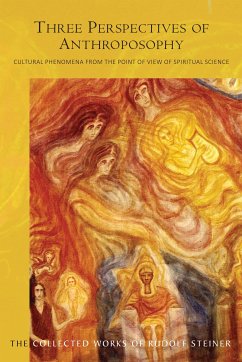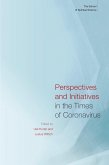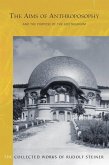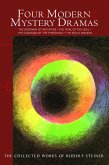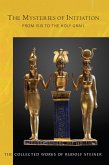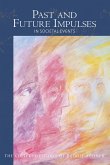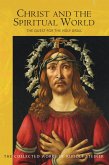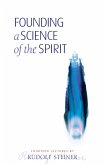The twelve lectures here were delivered during the portentous year of 1923, in the context of increasing attacks from Steiner's opponents. His architectural masterpiece, the first Goetheanum, had already been destroyed by fire, but he was yet to refound the Anthroposophical Society at the Christmas Conference. In these uncertain times, Steiner speaks of the decline of European culture and the development of materialism as a philosophy, leaving anthroposophy with no exoteric foundation on which to build. But Rudolf Steiner strikes a positive note with an exciting and constructive way forward, providing us with the tools to see the world through three key perspectives of anthroposophy: the physical, the soul and the spiritual dimensions of reality.
This previously-unpublished volume is translated by Elizabeth Marshall and includes an introduction, notes and index.
Dieser Download kann aus rechtlichen Gründen nur mit Rechnungsadresse in A, B, BG, CY, CZ, D, DK, EW, E, FIN, F, GR, H, IRL, I, LT, L, LR, M, NL, PL, P, R, S, SLO, SK ausgeliefert werden.

